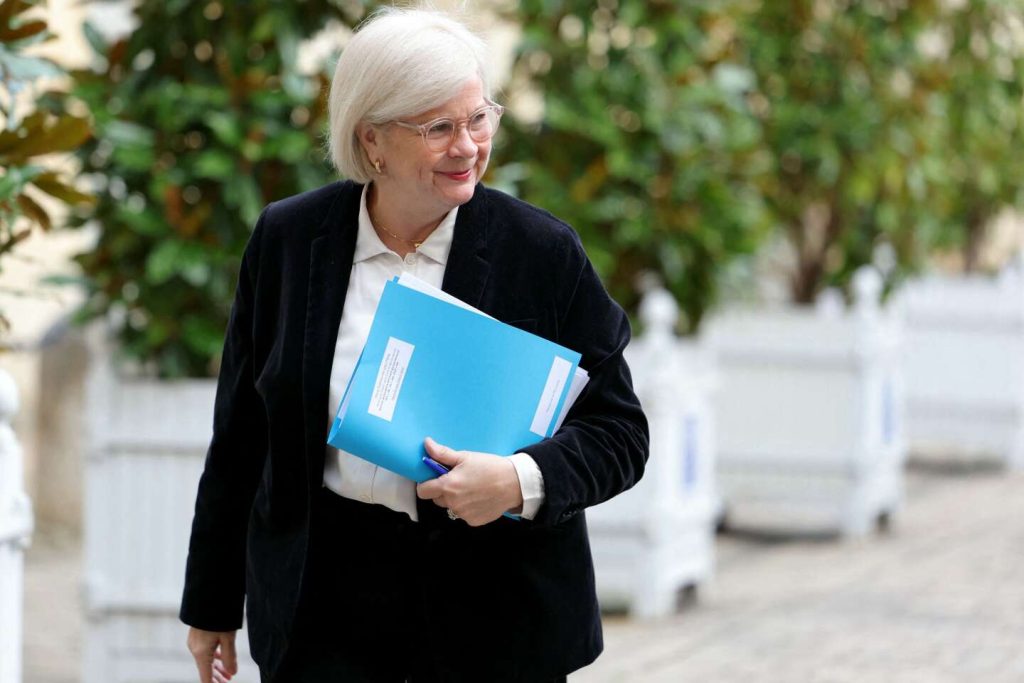Catherine Vautrin, the Minister of Labor, Health, and Solidarity, presented a “decennial strategy for strengthening palliative care” at the Council of Ministers on April 10. The goal of this strategy is to ensure that every patient in need receives palliative care. To achieve universal access by 2034, an additional 1.1 billion euros will be allocated over the period. This represents a 66% increase in funding compared to the current annual expenditure of 1.6 billion euros, financed by the Social Security system. The government plans to use this funding to create new hospital beds and specialized structures, such as 20 new palliative care units by 2025 and 100 mobile palliative care teams over the next ten years.
Despite the ambitious plans outlined in the strategy, there is a stark reality to consider: the significant number of unfilled positions in existing palliative care facilities. A study conducted in 2020 for the National Center for Palliative Care and End-of-Life Care revealed a 30% gap between actual staffing levels and the recommended number of positions set out in a 2008 circular from the Ministry of Health that establishes staffing ratios in palliative care facilities. Officially planned and funded staffing levels for doctors, nurses, nursing managers, and psychologists in relation to the number of beds are higher in palliative care than in other medical branches.
The shortage of healthcare workers in the field is expected to worsen by 2024. While data on the exact shortage has not been fully analyzed, there is clear evidence of demographic strain in various facilities. The Ministry of Health points to the replacement of the 2008 circular with a new instruction in June 2023, which necessitates recalculations. Interviews conducted in several regions and departments reveal the extent of the issue, with many palliative care units in Provence-Alpes-Côte d’Azur (PACA) operating with fewer than the recommended number of doctors per beds. Similar shortages are observed in mobile palliative care teams in other regions like Ile-de-France.
The lack of healthcare professionals in the field highlights the pressing need for more training and recruitment efforts. The Ministry of Health and Solidarity has initiated a “training pathway” to promote the development of palliative care professionals. The situation in PACA and Ile-de-France serves as a stark reminder of the challenges faced by palliative care facilities across the country. Despite the government’s ambitious funding plans and commitments to increase access to palliative care, the shortage of healthcare workers remains a significant barrier to achieving universal access and quality care for all patients in need.


